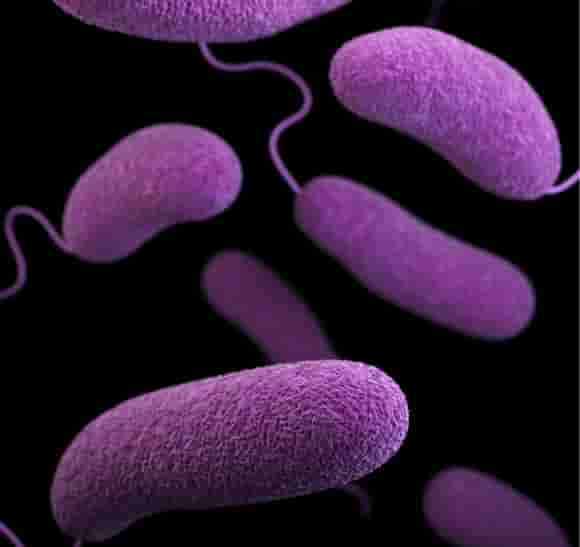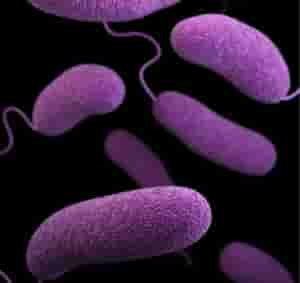As the U.S. continues to witness increasing COVID-19 cases driven by the highly transmissible Delta variant, the Centers for Disease and Control Prevention has issued a warning regarding an infectious disease caused by the Burkholderia pseudomallei bacterium.
The CDC said that health officials from different states tried to look for a common source of exposure to several cases of a deadly disease known as Melioidosis (or Whitmore’s Disease) which can be highly transmissible.
Various cases of the deadly disease have already been discovered in Texas, Georgia, Kansas, and Minnesota.

The CDC, in a statement, said: “The Kansas Department of Health and Environment, the Minnesota Department of Health, and the Texas Department of State Health Services continue to examine the three previous cases with assistance from CDC. The four cases include both children and adults. Two cases are female, and two cases are male.”
“The first case, which was fatal, was identified in March 2021 in Kansas. The second and third cases, both identified in May 2021 in Minnesota and Texas, were hospitalized for extended periods of time before being discharged to transitional care facilities. The most recent case died in the hospital and was identified post-mortem in late July 2021 in Georgia. None of the cases had a history of traveling outside of the continental United States.”
Based on scientific evidence, the regions in the southern U.S., specifically Texas, have the perfect climate to host B. pseudomallei. It is important for the bacteria to be identified in environmental samples in order to determine if it is endemic in the U.S. It is also given that the bacteria is present somewhere in Texas and has not yet been discovered.
A person can get infected with Melioidosis if they came in close contact with contaminated soil or water. Breathing harmful dust or water droplets, intake of contaminated water, and foods that are soil-infected are believed to be the routes of infection for both human and animals.
People who have a weak immune system or have AIDS, cancer, open wounds, diabetes, or chronic renal disease are prone and should not be in contact with contaminated soil and water, especially in farm areas.
Symptoms of Melioidosis include cough, fever, diarrhea, seizures, stomach pain, chest pain, and ulcers on the skin.
The CDC said: “the time between an exposure to the bacteria that causes the disease and the emergence of symptoms is not clearly defined but may range from one day to many years; generally, symptoms appear two to four weeks after exposure. Although healthy people may get Melioidosis, underlying medical conditions may increase the risk of diseases.”
Do consult the doctor if you are experiencing any of the symptoms.
Also Read: Experts Alarmed Over Latest Mu Variant Of COVID
Also Read: Mu, Delta, Lambda: Here’s What We Know About Other COVID-19 Variants


